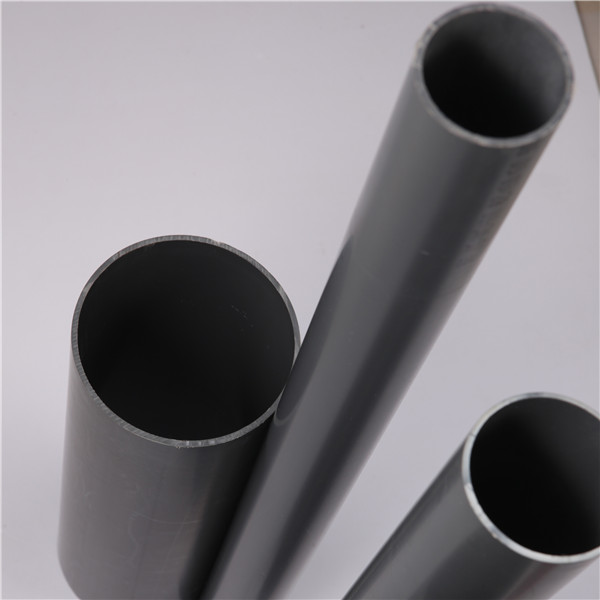Out . 13, 2024 21:53 Back to list
hdpe plate
Understanding HDPE Plate Properties, Applications, and Benefits
High-Density Polyethylene (HDPE) is a versatile thermoplastic polymer that has gained significant attention due to its wide range of applications and beneficial properties. HDPE plates are flat sheets made from this durable material, and they are used in various industries, including construction, manufacturing, and agriculture. In this article, we will explore the characteristics, applications, and advantages of HDPE plates.
What is HDPE?
HDPE, or High-Density Polyethylene, is produced from the polymerization of ethylene gas. Its molecular structure gives it a high strength-to-density ratio compared to other types of polyethylene. The rigid structure results in a tough material that is resistant to impact, chemicals, and moisture. HDPE is also recyclable, making it an environmentally-friendly option for many applications.
Key Properties of HDPE Plates
1. Durability HDPE plates exhibit remarkable strength and robustness. They resist tearing, splitting, and overall wear, making them ideal for environments that require resilience.
2. Chemical Resistance HDPE is known for its resistance to a wide array of chemicals, including acids, bases, and solvents. This property makes HDPE plates suitable for use in industries like chemical processing and food distribution.
3. Moisture Resistance Being a non-porous material, HDPE is resistant to moisture, which prevents mold and bacterial growth. This characteristic is crucial in applications requiring hygiene, such as food containers and medical supplies.
4. UV Resistance Although not inherently UV resistant, HDPE plates can be manufactured with additives that provide protection against UV rays. This makes them suitable for outdoor applications.
5. Lightweight HDPE plates are considerably lighter than metal alternatives, facilitating ease of handling, transportation, and installation.
Applications of HDPE Plates
The aforementioned properties of HDPE plates contribute to a diverse range of applications across various sectors
1. Construction In construction, HDPE plates are used for making formwork, panels, and barriers due to their lightweight yet strong nature. They are also employed as insulation boards and in waterproofing applications.
hdpe plate

2. Packaging The food industry utilizes HDPE for packaging materials such as bottles, containers, and bags. Its chemical resistance and non-toxicity make it safe for direct food contact.
3. Industrial Uses Industries use HDPE plates in fabricating components such as guards, slides, and wear strips. Their toughness makes them ideal for use in machinery and equipment.
4. Agriculture In agriculture, HDPE plates are used for creating storage solutions, as they resist moisture and pests. They are also used in ponds and as liners for various agricultural applications.
5. Marine HDPE plates are employed in marine environments to produce dock floats, buoys, and other floating structures due to their buoyancy and resistance to saltwater corrosion.
Benefits of Using HDPE Plates
1. Cost-Effective Due to their durability and resistance to wear and tear, HDPE plates can result in long-term cost savings, reducing the need for replacements and maintenance.
2. Eco-Friendly HDPE is recyclable and often made from recycled materials. Choosing HDPE can help minimize environmental impact.
3. Ease of Fabrication HDPE plates can be easily cut, shaped, and welded, allowing for versatility in design and application.
4. Safety The non-toxic nature of HDPE means it doesn’t leach harmful chemicals, making it a safe choice for various applications, especially in the food and medical sectors.
5. Customizability HDPE plates can be produced in various colors, thicknesses, and sizes, catering to specific requirements of different industries.
Conclusion
In conclusion, HDPE plates are invaluable materials that offer an array of benefits including durability, chemical resistance, and environmental sustainability. Their applications span numerous industries, making them essential components in construction, packaging, industrial manufacturing, and more. As industries continue to seek durable and eco-friendly alternatives, HDPE plates are set to remain a popular choice for years to come. Understanding the properties and capabilities of HDPE can help businesses make informed decisions regarding their use in diverse applications.
-
High-Quality PPR Pipes and Fittings Durable ERA PPR & PVC PPR Solutions
NewsJul.08,2025
-
Black HDPE Cutting Board - Durable, Non-Porous & Food Safe HDPE Plastic Cutting Board
NewsJul.08,2025
-
High-Quality CPVC Panel Durable HDPE & PVC Panels Supplier
NewsJul.08,2025
-
Double PE Welding Rod Supplier - High Strength, Durable & Versatile Welding Solutions
NewsJul.07,2025
-
High-Quality PVC-O Pipe Supplier Durable 75mm PVC Pipe & Connections Leading PVC Pipe Company
NewsJul.07,2025
-
HDPE Drainage Pipe Supplier – Durable & Corrosion-Resistant Solutions
NewsJul.06,2025

